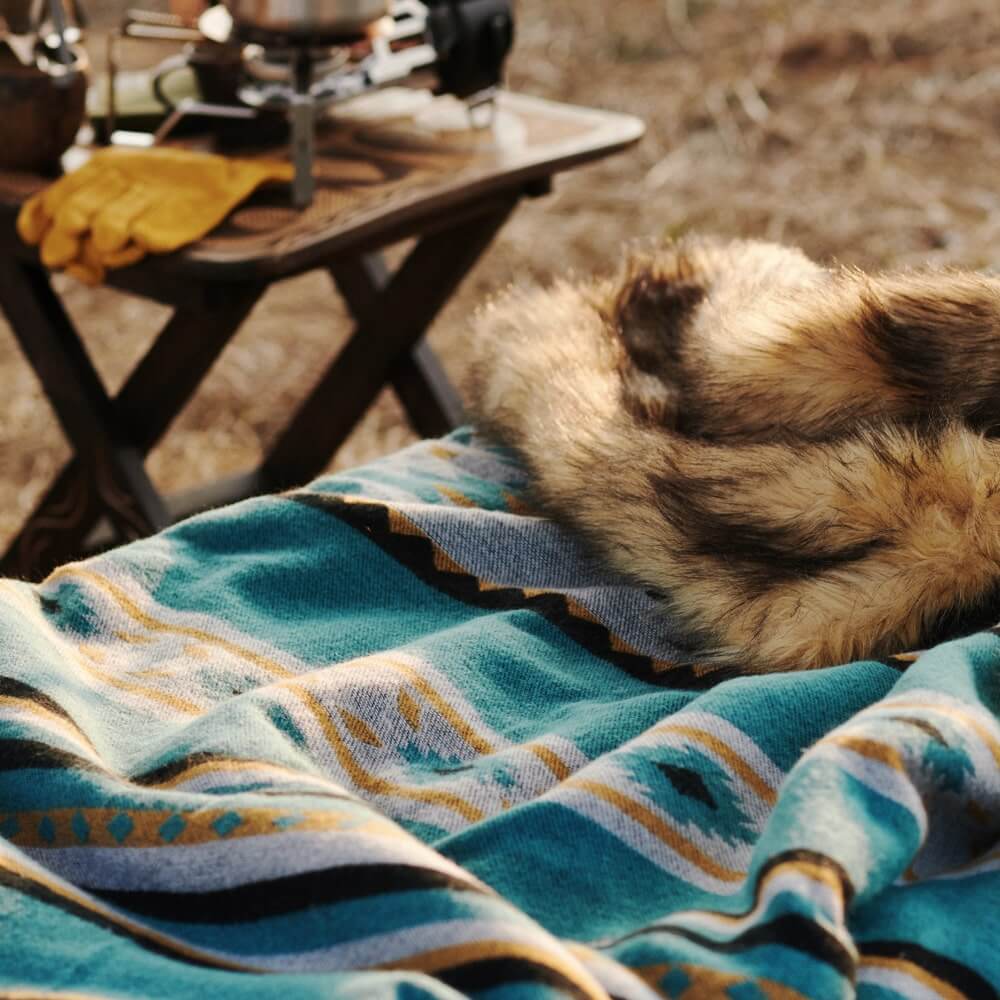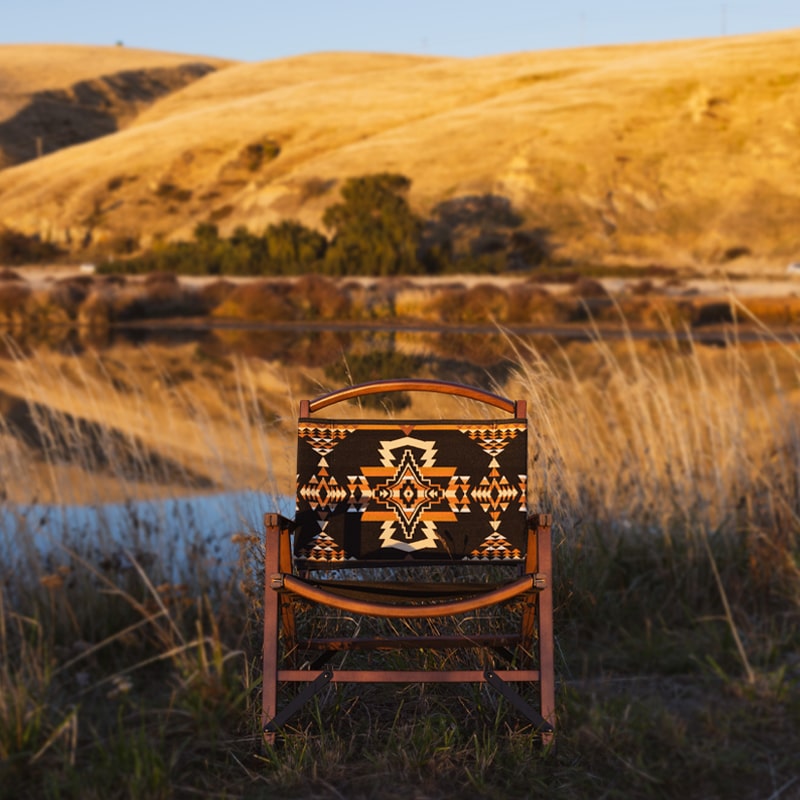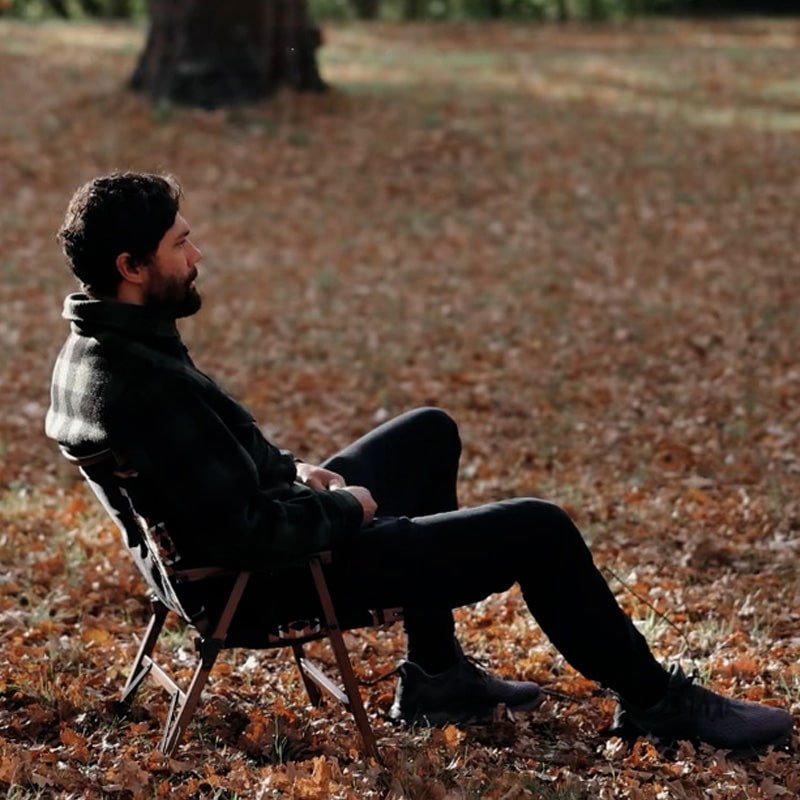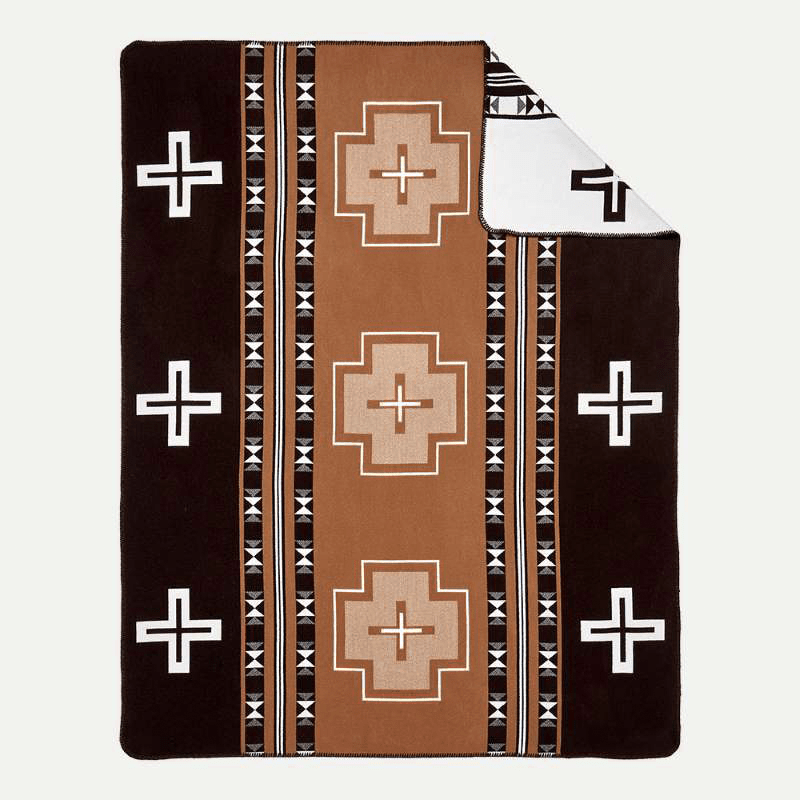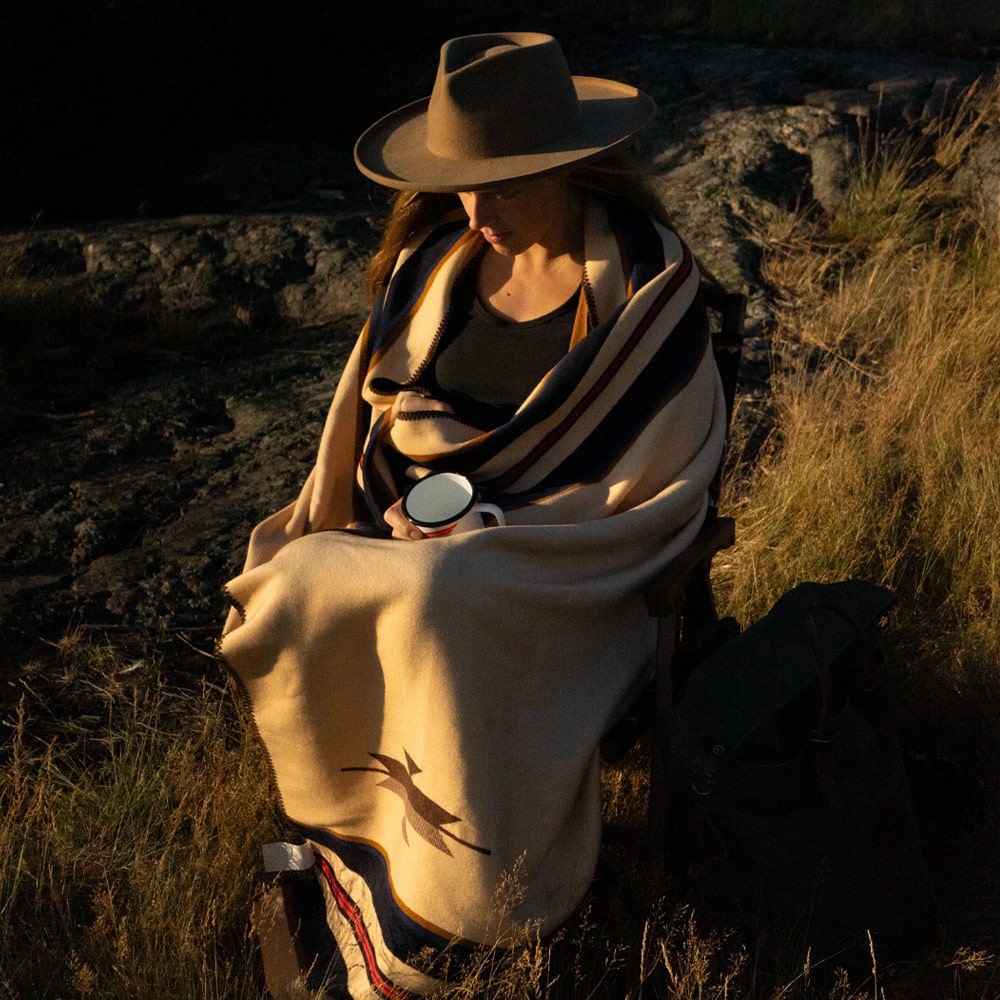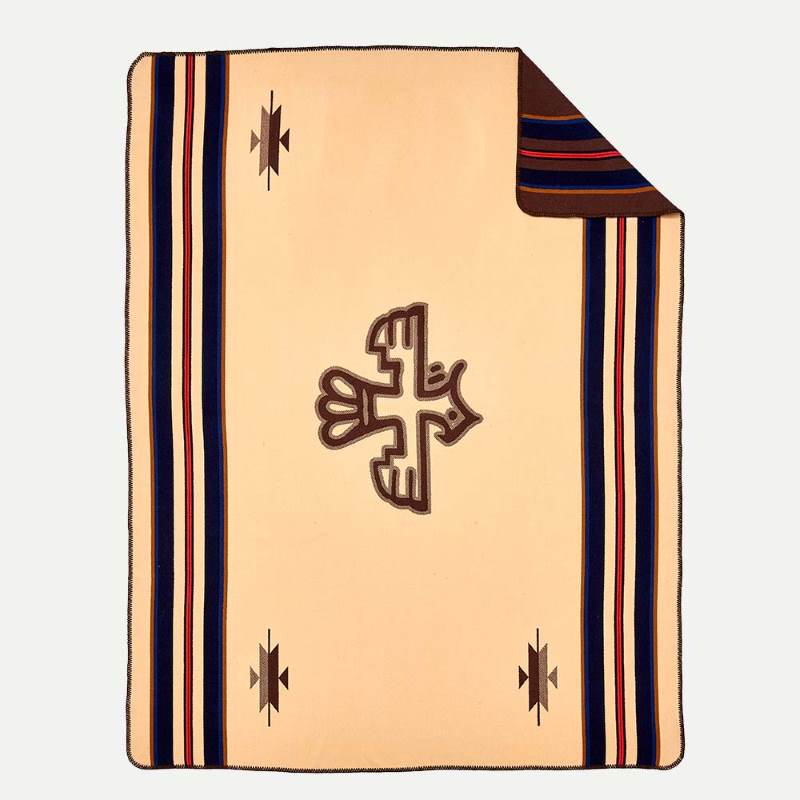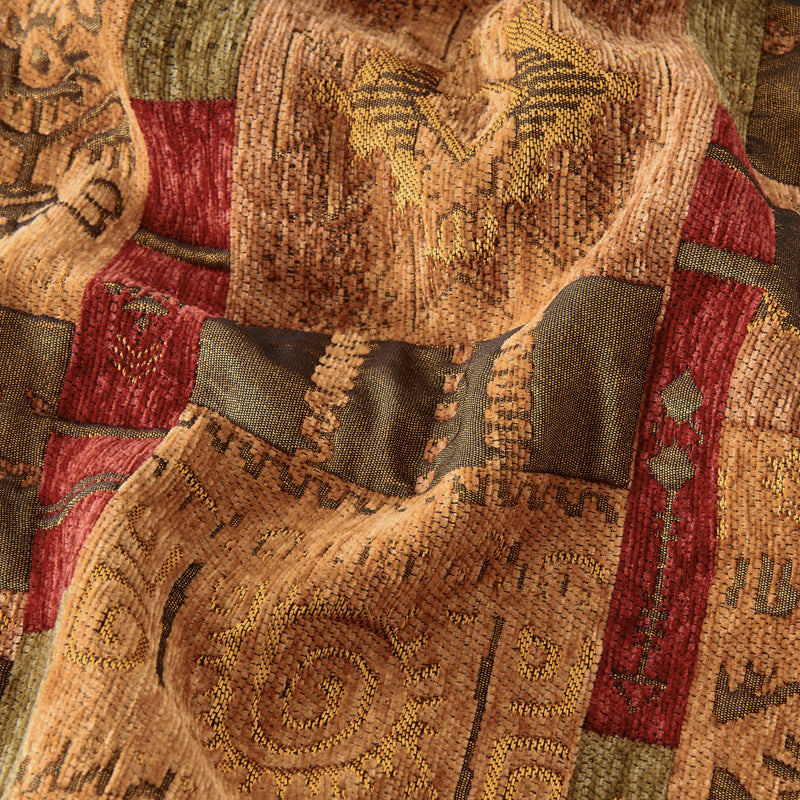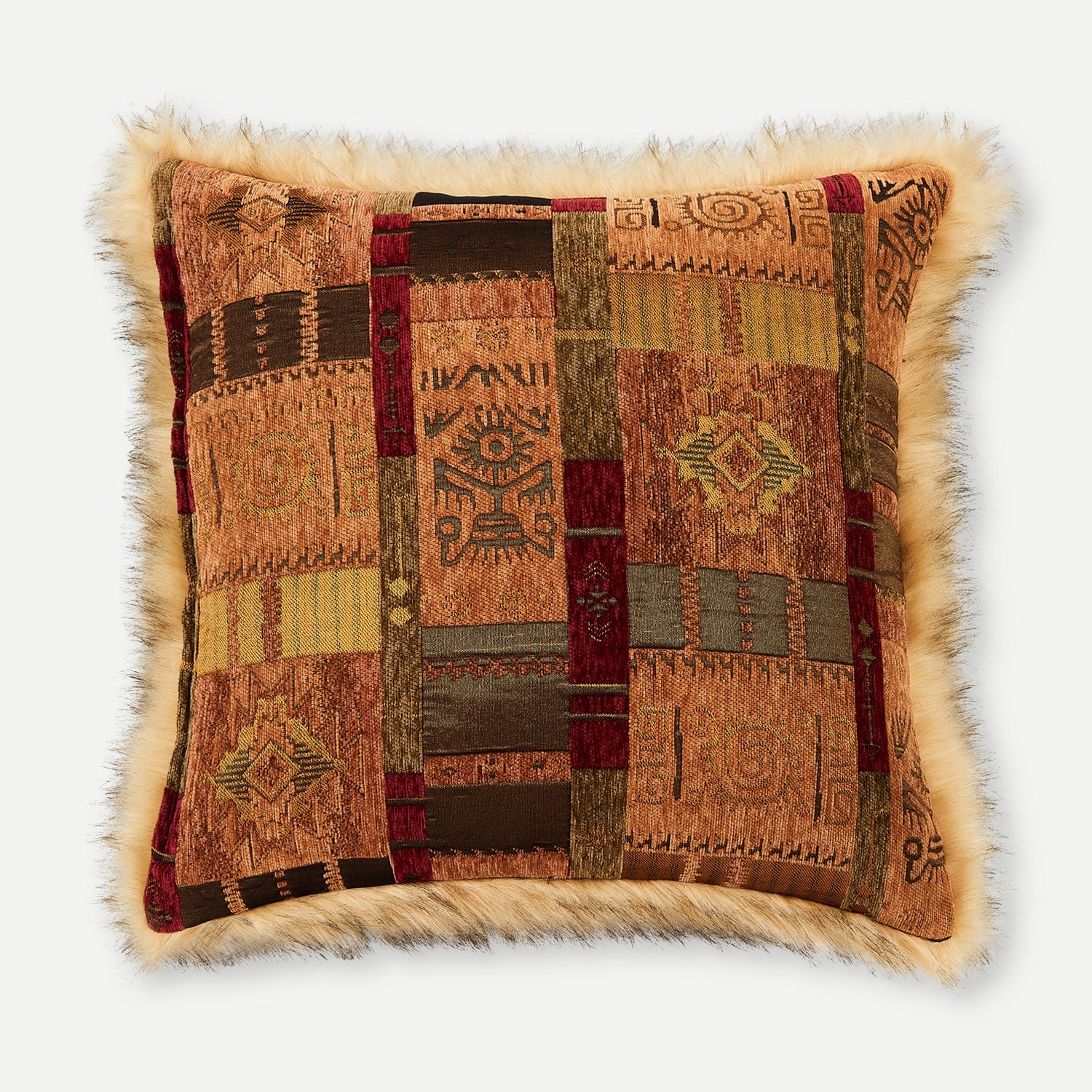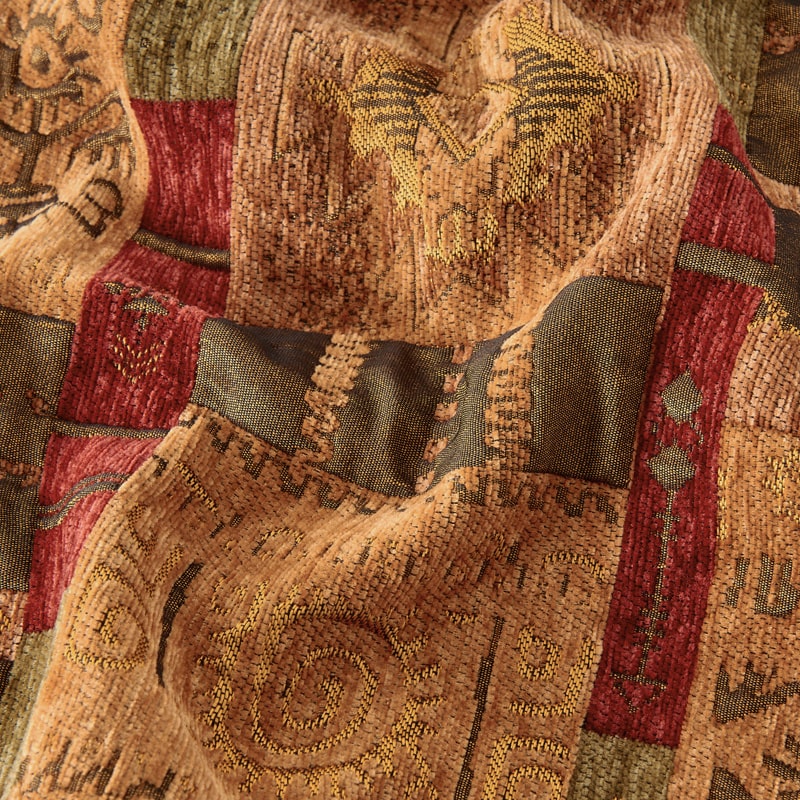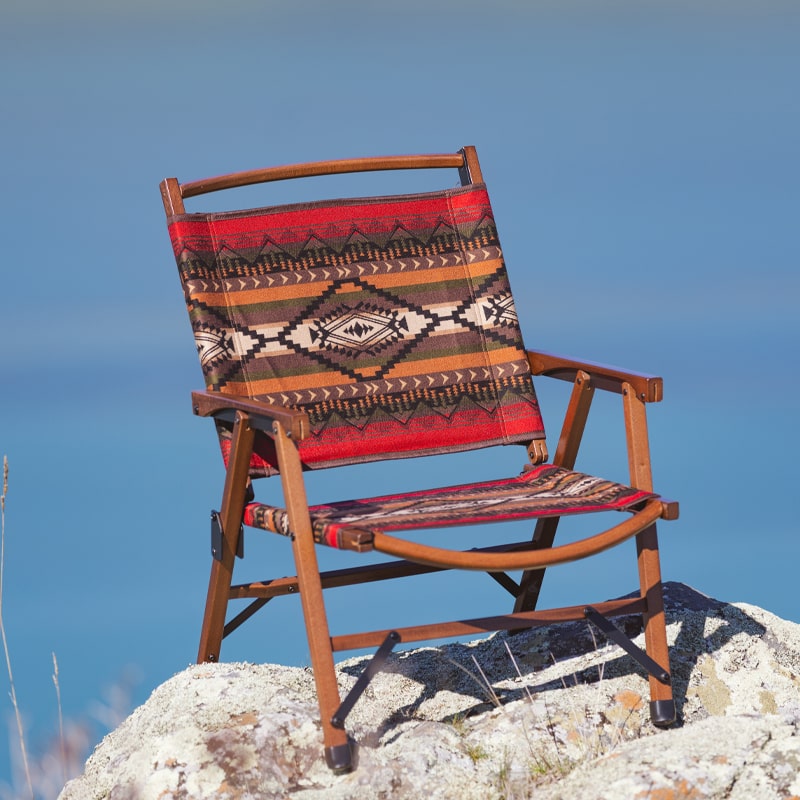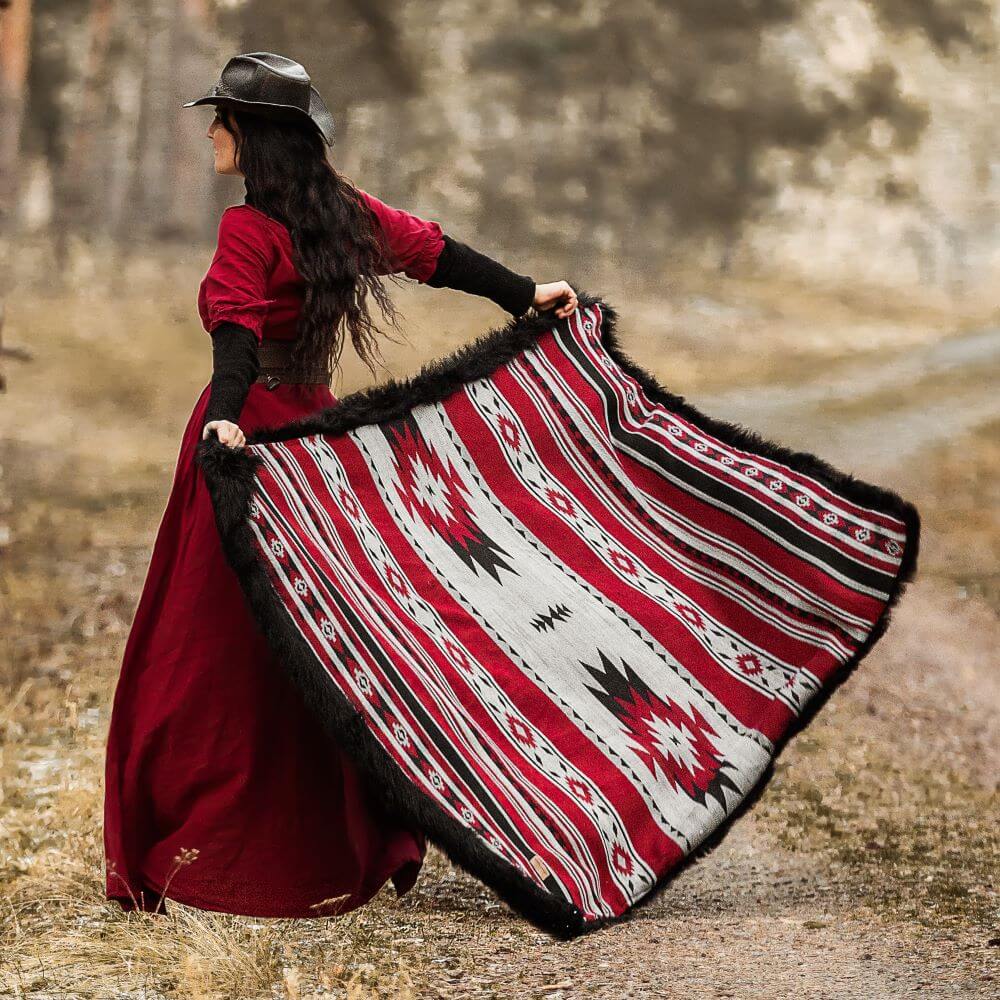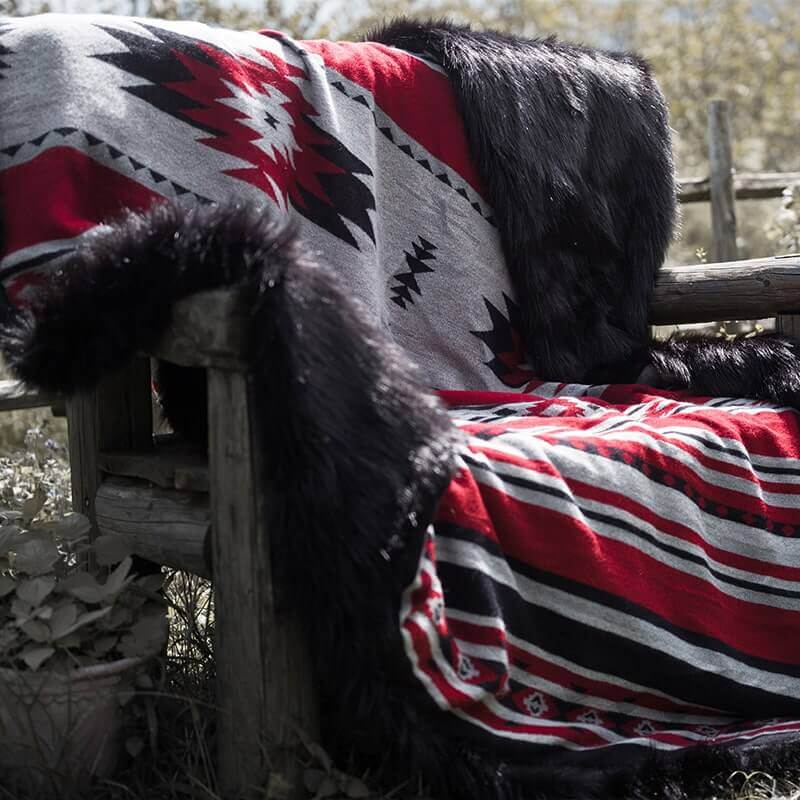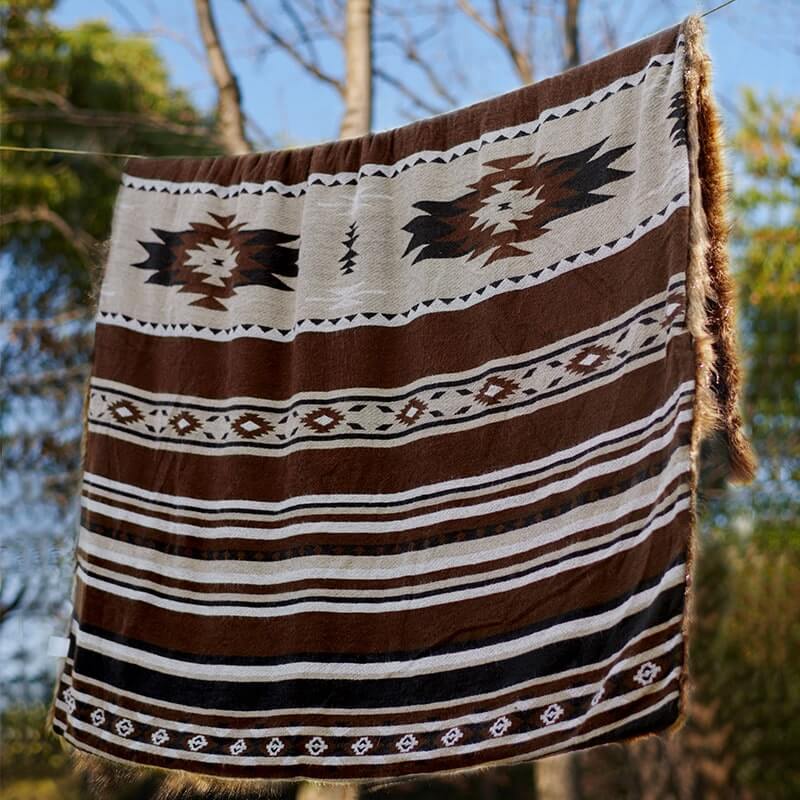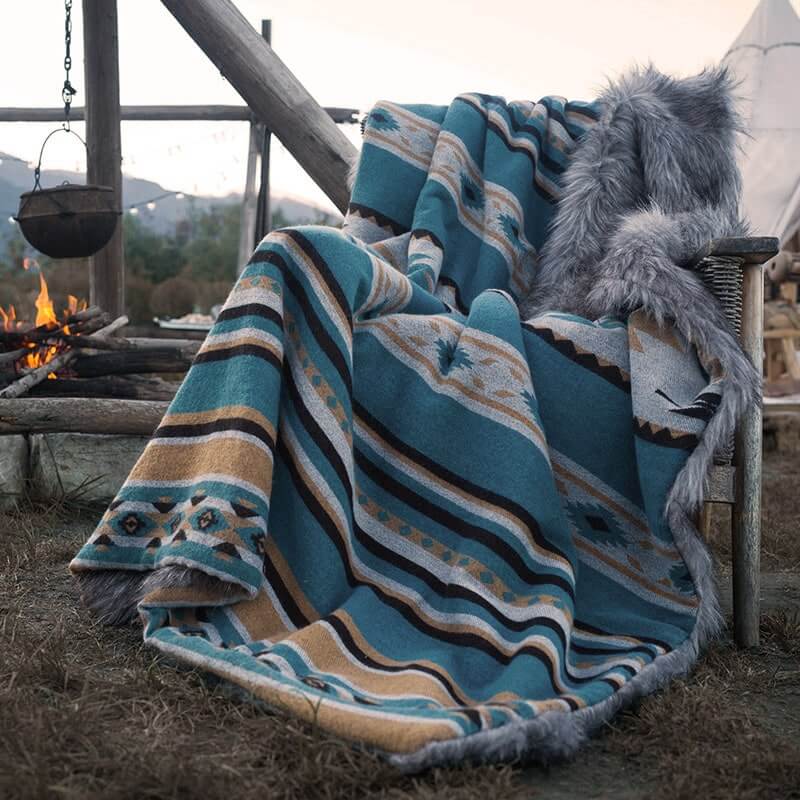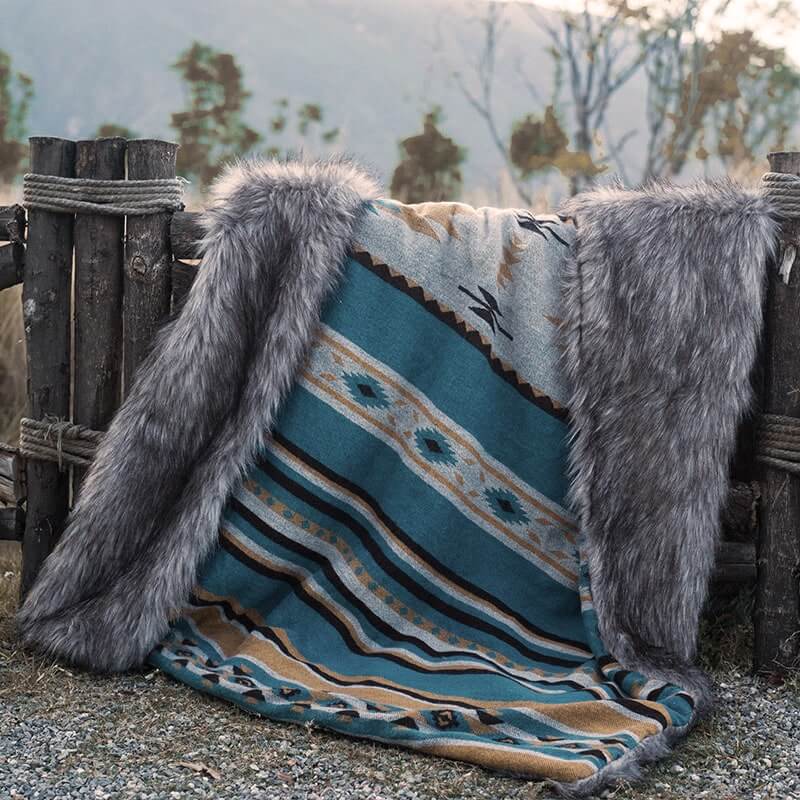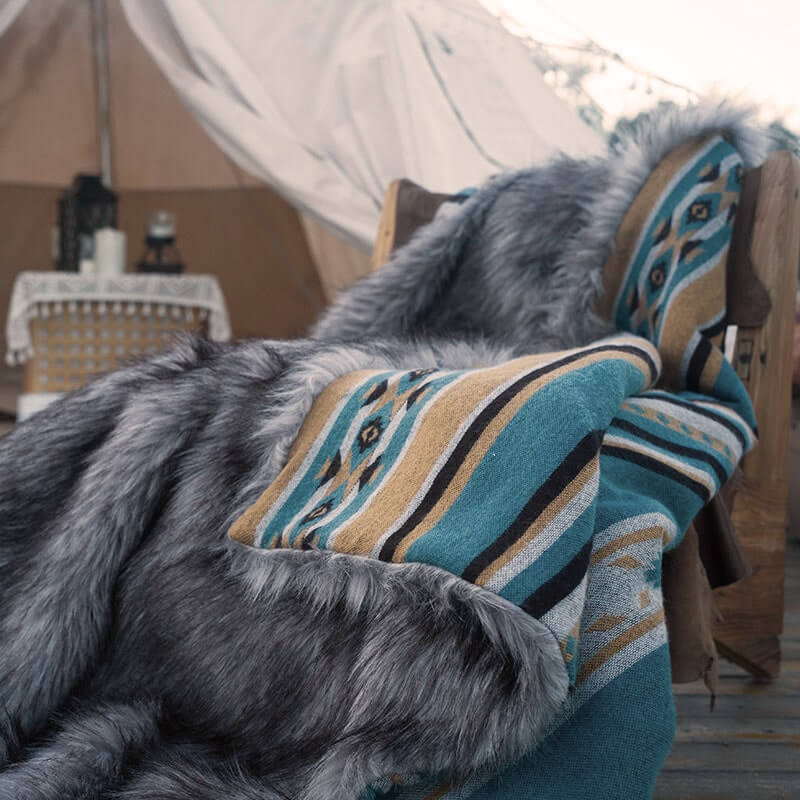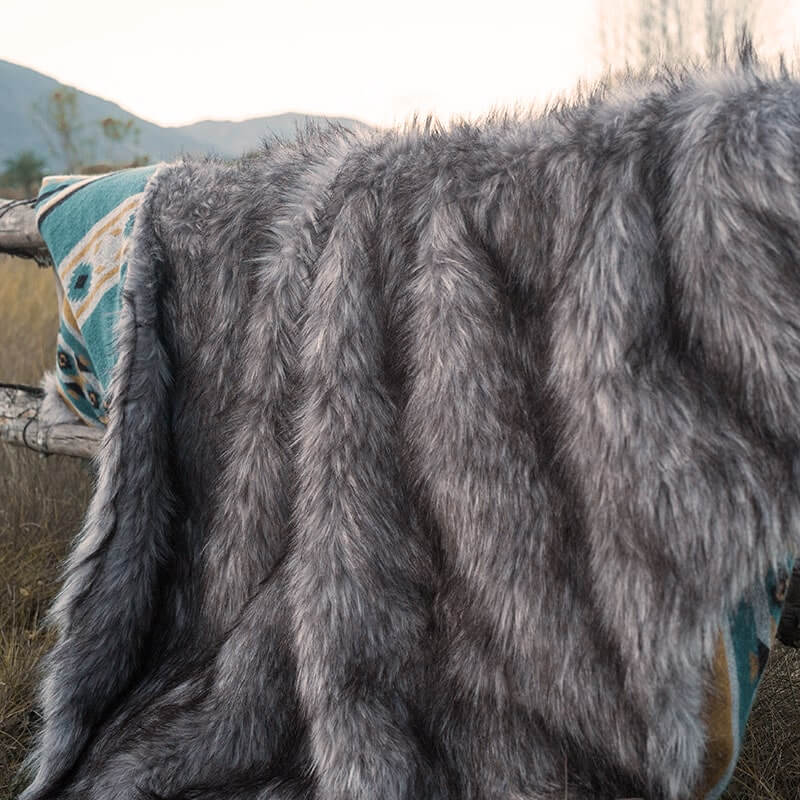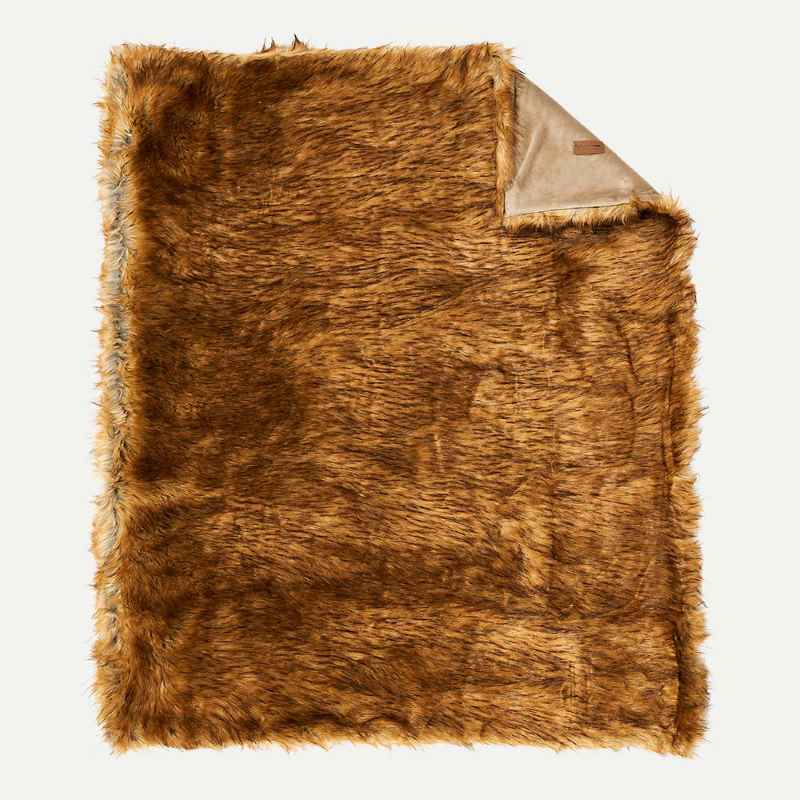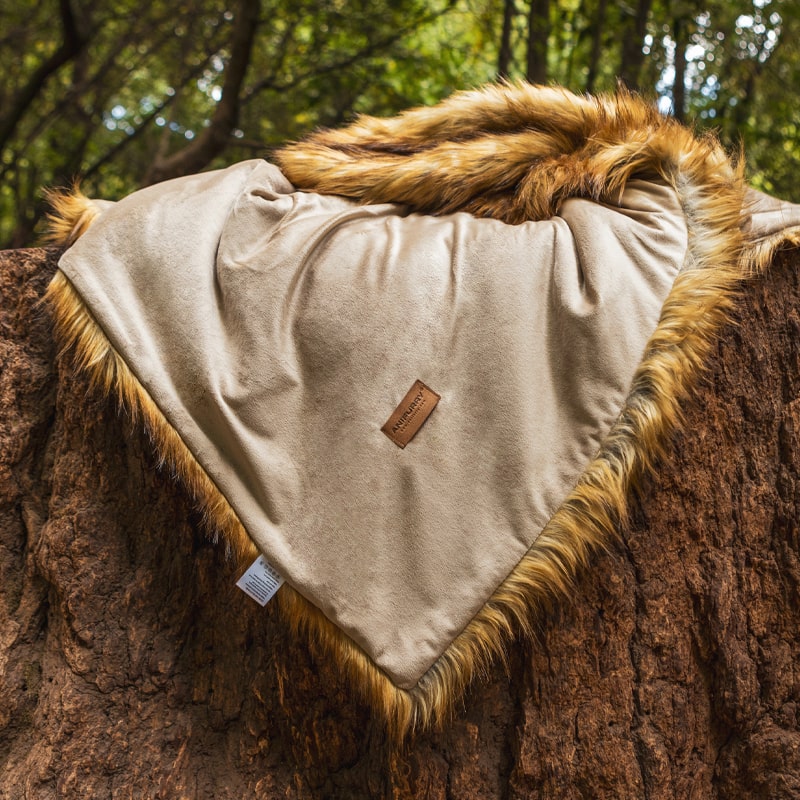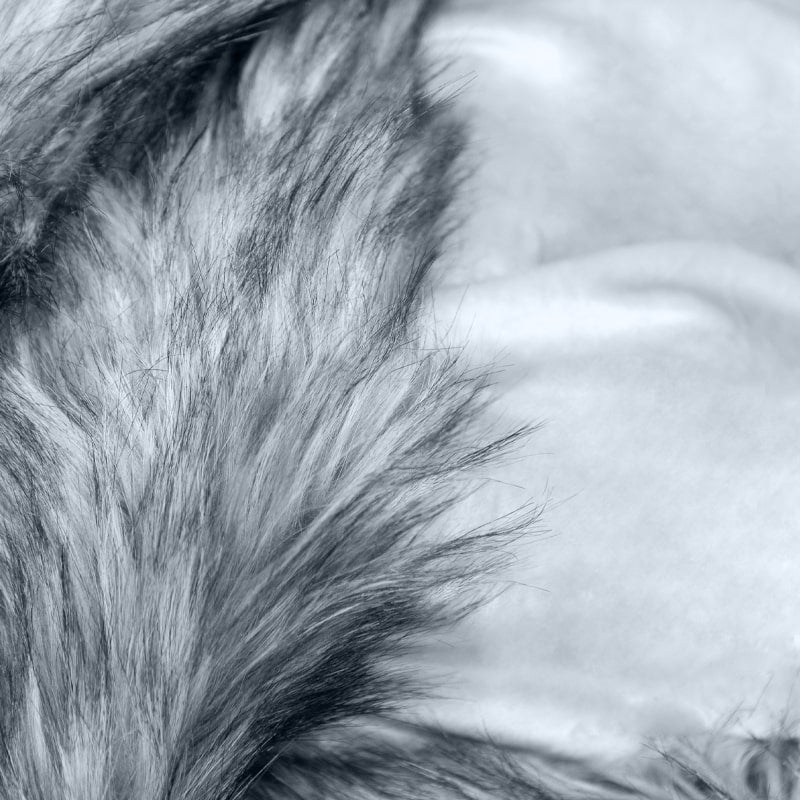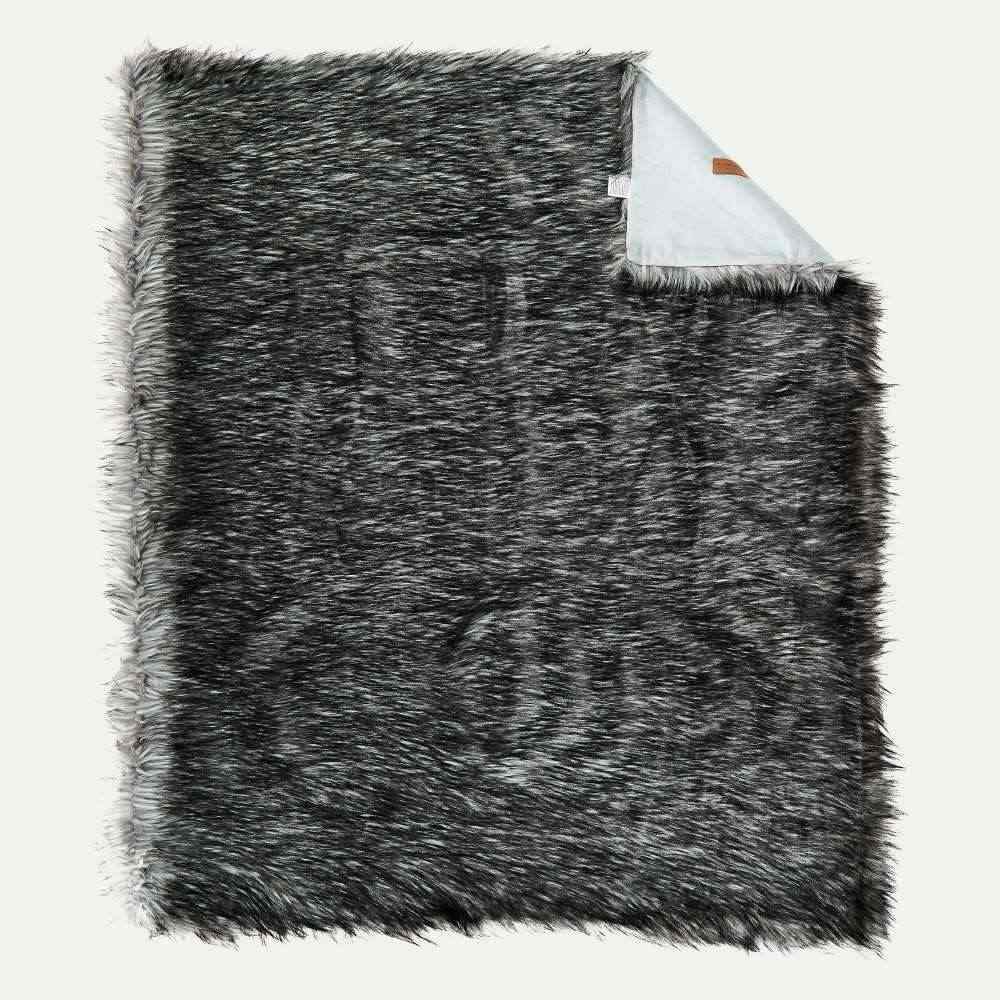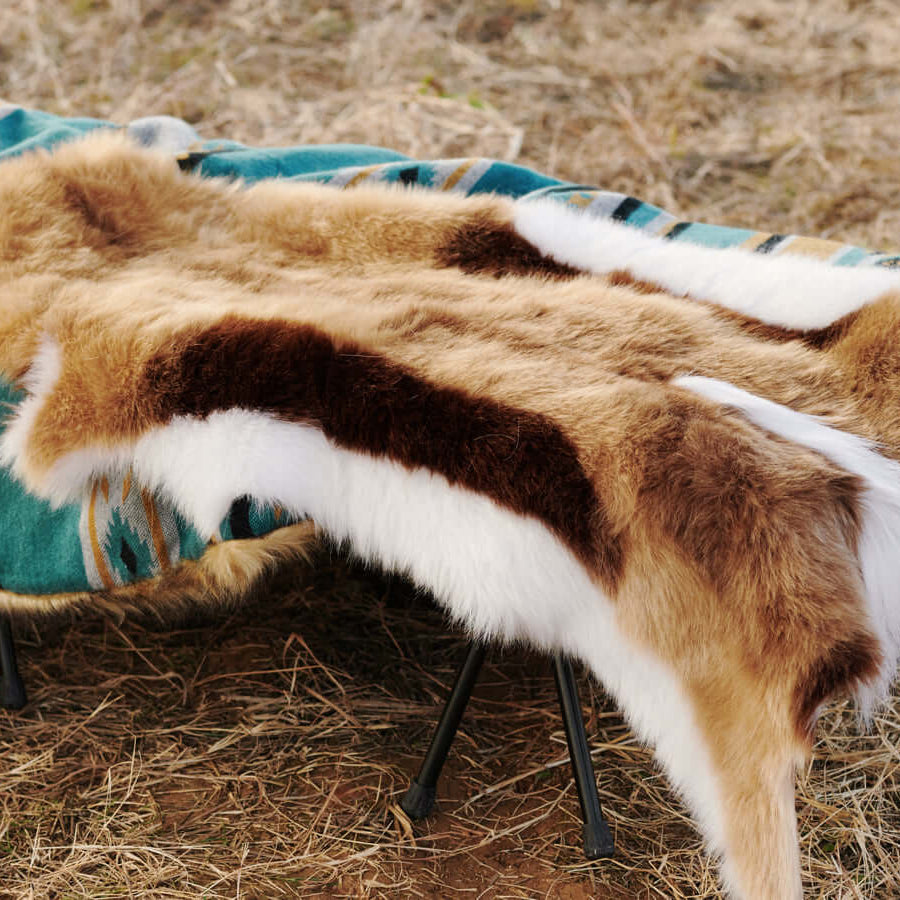Welcome to Voices Unspoken, a column dedicated to shedding light on the narratives that often go unheard—the stories of individuals and communities whose experiences are too frequently overlooked or marginalized. Here, we explore the profound insights and perspectives that arise from these voices, weaving a rich tapestry of human experience.

Grandma
My grandmother's name was Han Yizhen, a native of Fu'an Village in Dianjiang County, Sichuan Province. She was born in the third year of the Qing Dynasty's Xuantong era and passed away in 2005.
It's true that raising children is a way to ensure support in old age; however, when there are more than two children, no one is left to care for the parents. This is a common tragedy in my hometown, and my grandmother was no exception. After her two sons started their families, they divided the house and land, leaving their widowed mother to fend for herself. We all lived together but ate separately. In the kitchen, there was a large stove on the left and another on the right for each family, while a small stove in the middle was for my grandmother's use. Each family cooked with their own firewood, made their own dishes, and set their own tables, sharing nothing but the smoke of the kitchen.
My mother was strong-willed, and my aunt was no pushover either; my grandmother certainly wouldn't submit quietly. With three women vying for their points of view, a stable cycle of conflict emerged: minor quarrels every three days, major ones every five. The conflicts between sisters-in-law and between mothers and daughters-in-law were constant, affecting everyone in both families. Around 1992, when my uncle's family moved away, the disputes mainly erupted between my mother and grandmother.
Most arguments were trivial matters, like when my grandmother brought home a tree root that my mother threw into the stove or when my mother suspected my grandmother of stealing money hidden in her shoes. Quiet grievances turned into loud accusations, escalating into prolonged disputes. Perhaps poverty hardened everyone's hearts, making mutual harm the only way to feel a sense of release.
Every month, my grandmother received 30 jin of rice, provided every other month by her two sons. She also got 60 jin of corn and 60 jin of wheat each year, divided equally. Beyond that, she had to manage her own living expenses. She had a small plot of land where she grew vegetables year-round, and she kept two hens that laid eggs every other day, providing more than 20 eggs a month (which could be sold for oil, salt, soy sauce, kerosene, and cigarettes). During the day, she would carry a basket up the hills, picking up rice grains from the harvested fields, digging sweet potatoes from the turned earth, and collecting corn cobs from the harvested maize. I was raised by her, following her as she walked over every hill and slope in our hometown. At night, she would trim the thick calluses on her feet by the kerosene lamp (she had bound her feet since childhood, and her feet were pointed and bow-shaped, with her big toe protruding while the other four toes squished together), wrapping them in cloth afterward. As I watched her, I would roll cigarettes for her.
She remained strong for many years. When my uncle passed away in 1995, it seemed to have no effect on her. After the funeral, everything returned to normal, and her arguments with my mother grew louder, as if her voice grew stronger with age. In the winter of 2004, at the age of ninety-three, she was still fetching water from the well by herself when she fell on the stone steps at the door, breaking her leg and pelvis.
When I returned home during the winter break, she had been bedridden for over two months. No one took her to the hospital for treatment; her room was very dark, and while she awaited death, my mother still refused to give her a light bulb. Her clothes had not been changed, and a strong stench was apparent... I could endure all of this. But when I saw how my parents handled her bodily functions, I was consumed by rage:
They had cut a hole in the bed, with a basket of ashes placed underneath. She lay there as her waste fell through the hole into the basket. Her pants, quilt, and backside were all soiled.
I overturned the table and smashed the pots and pans, screaming at the top of my lungs, but I can't remember what I yelled.
After the rage passed, I felt a profound emptiness. As I took her clothes to wash by the rice fields, my feet felt as if they were walking on cotton, and I struggled to move. The clothes were foul-smelling, and as I washed them, I dry-heaved until tears streamed down my face.
Her teeth were completely gone, and she could only eat liquid food. I couldn't understand her when she spoke. I fed her thin porridge, bathed her, and helped her with her waste, just as she had cared for me when I was young.
Eventually, it was time for me to return to school. After feeding her the last bowl of porridge, I told her I was leaving soon. The thought that she would continue to soil herself and her clothes made me deeply sad. At that moment, I wished for her to die quickly. I even entertained the thought of suffocating her.
I said, "Grandma, it's okay to go. I'll take revenge for you." Huge tears rolled from the corners of her eyes down her thin face. She moved her toothless mouth as if trying to say something. I leaned in close, but I couldn't understand her.
More than a month later, she passed away. I returned for her funeral, and I didn't cry; in fact, I felt a sense of relief. Three months after the funeral, I officially started working and received my first pay check. During the New Year, I bought a pack of cigarettes and secretly burned them at her grave.
She could have enjoyed her old age and shouldn't have left this world in such a miserable state.
The so-called revenge was just empty words I couldn't implement nor dared to. Life is like a river, and hatred is like waves; a calm river churns with even the smallest wave. There is no such thing as fate; most tragedies are self-inflicted. The ideal family legacy is to pass on warmth and dissolve hatred because in conflicts among family members, there are never true winners. When I became a parent myself, a link in the chain of generations, I further recognized my responsibility in the river of life: For the hatred that arises not from myself, it shall end with me. I wish to be a dam across the river; let the waves of hatred crash against me, while the waters downstream flow peacefully and gently towards the sea.
I understand the words my grandmother couldn't express before she died.
May 5, 2017





